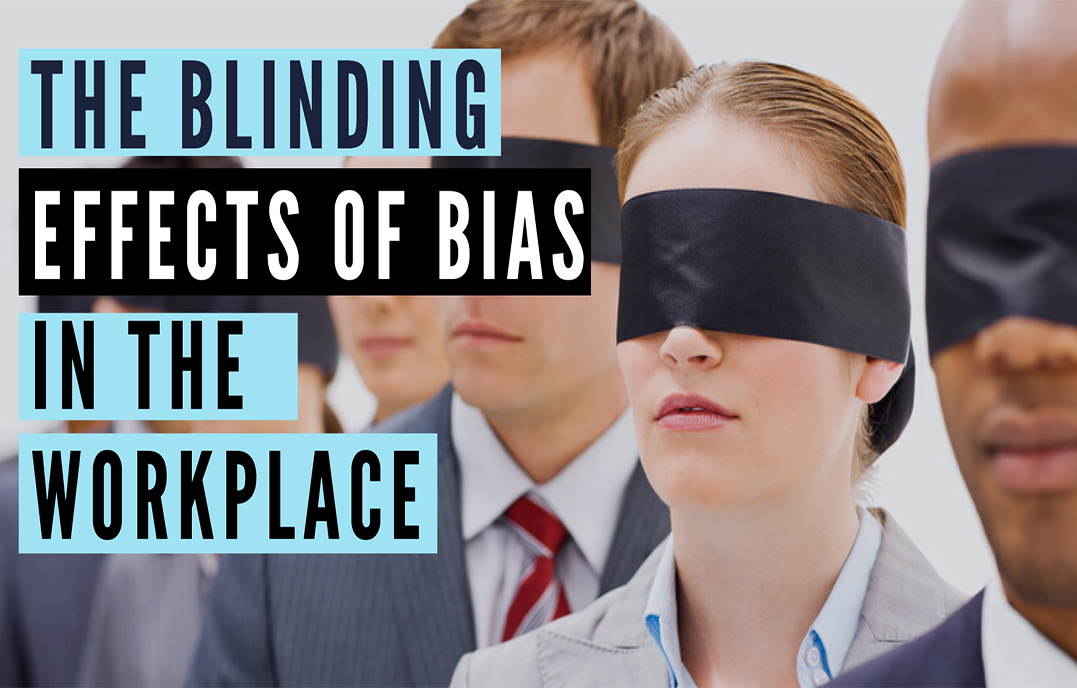A little girl named Jennifer grew up in Cleveland in the 1970’s. At age twelve, her family moved out of the city which meant Jennifer had to change schools. Like most 12-year olds, she was anxious about making a good impression on her new schoolmates and hoped to make friends quickly. Fortunately, Jennifer’s new classmates went out of their way to welcome her. Unfortunately, however, Jennifer struggled. She couldn’t remember who was who. She’d pass classmates in the hall without speaking. She’d call students by the wrong name. She couldn’t remember names of the people she’d sat next to just the day before during lunch.
We’ve all been the new kid at one time or another. It’s not easy to match faces with names while taking in the newness of it all. But, for most of us, we start to add people to our memory bank within a few days or a few weeks at most. Not so for Jennifer. For an entire school year, she was at a loss. For the first time in her life, she was stripped of the most basic skill of separating the faces of other people. But, why? That’s the question that Jennifer dedicated her life to answering.
Today, Dr. Jennifer Eberhardt is a professor and researcher at Stanford University. In her recent book, Biased: Uncovering the Hidden Prejudice That Shapes What We See, Think, and Do, she writes, “I’d struggled to recognize my white classmates’ faces because black faces were all I’d been routinely exposed to in the twelve years before I moved to the suburbs.” By the time she changed schools as an adolescent, Jennifer’s brain had been shaped by her exposure to people who looked like her. Learning to distinguish the facial features of people who were not black was simply not necessary to navigate life in her Cleveland neighborhood. As Eberhardt writes, “We reserve our precious cognitive resources for those who are ‘like us.’” Otherwise, she explains, “we see categories.”
Categorization, it turns out, is a natural function of the brain that allows us to organize and manage the overload of stimuli. It helps us quickly sort safety from danger by relying on patterns that seem predictable. As Jennifer Eberhardt’s story illustrates, categorization is natural. In the workplace, however, categorization can lead to stereotyping, or holding positive or negative beliefs about social groups. Taken further, stereotyping can lead to bias, or acting on the beliefs we hold about social groups.
In the context of the workplace, bias is bad for business. Not only are members of the workforce excluded from opportunities to make an impact, but research shows that teams that lack diversity are more susceptible to making flawed decisions.
As the graphics above illustrate, homogeneous teams and diverse teams were given the same problems to solve. The diverse teams achieved a significantly higher rate of accuracy, yet the homogenous teams had a higher rate of perceived effectiveness and higher confidence in their decisions. The homogeneous teams were less likely to challenge one another’s perspective, while the diverse teams tended to examine facts and remain objective.
Entrenched thinking can blind us to key information and lead to errors in the decision-making processes. Though it may seem easier to work with people who share our background, working on diverse teams produces better outcomes precisely because it helps us pause to question our assumptions.
Question: When was the last time you caught yourself being biased?
Driven by the premise that excellence is the result of aligning people, purpose and performance, Center for Executive Excellence facilitates training in leading self, leading teams and leading organizations. To learn more, subscribe to receive CEE News!





